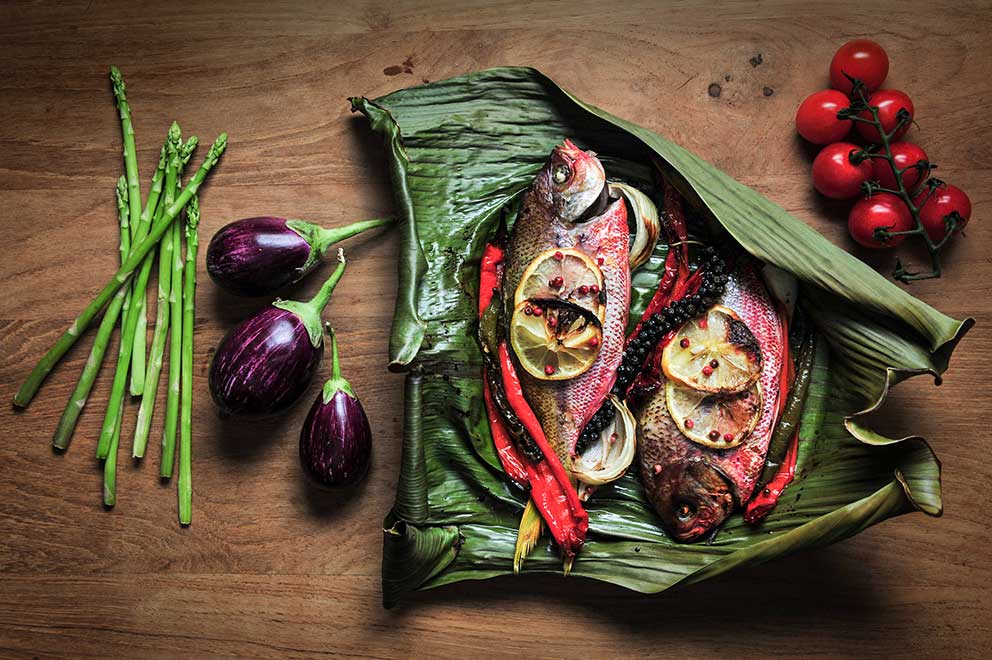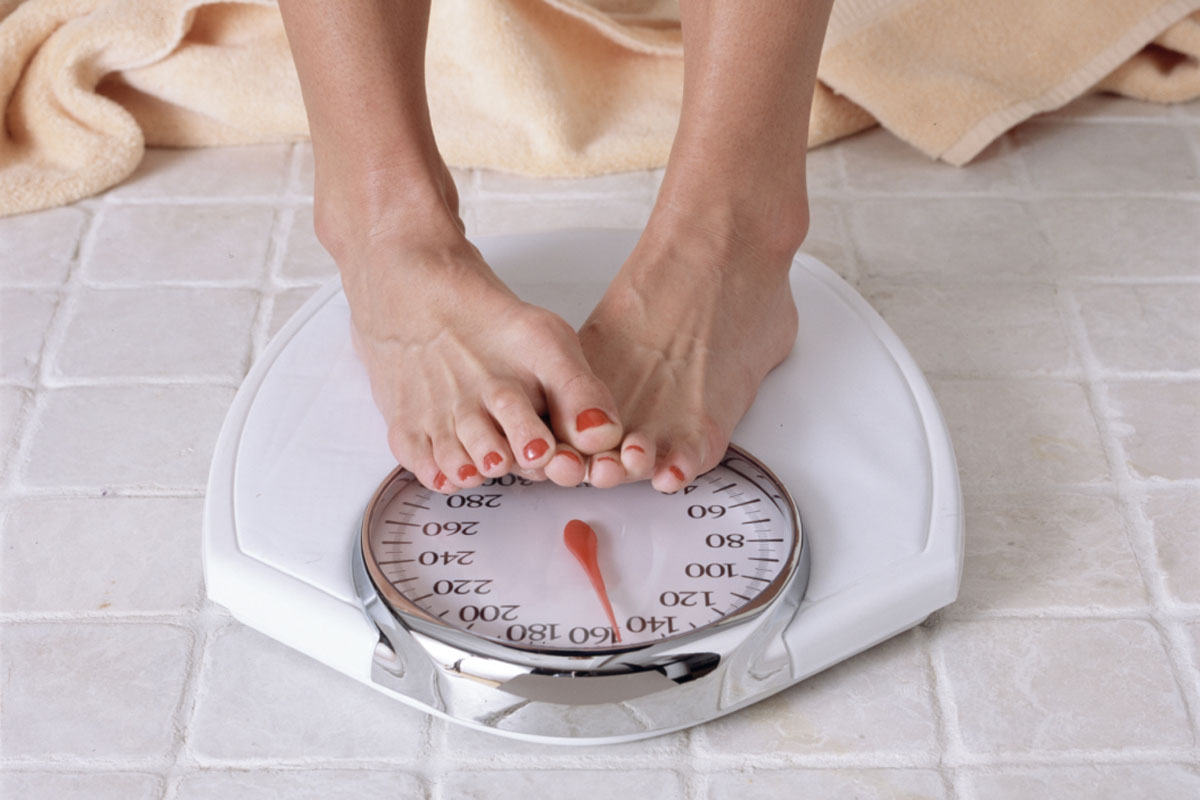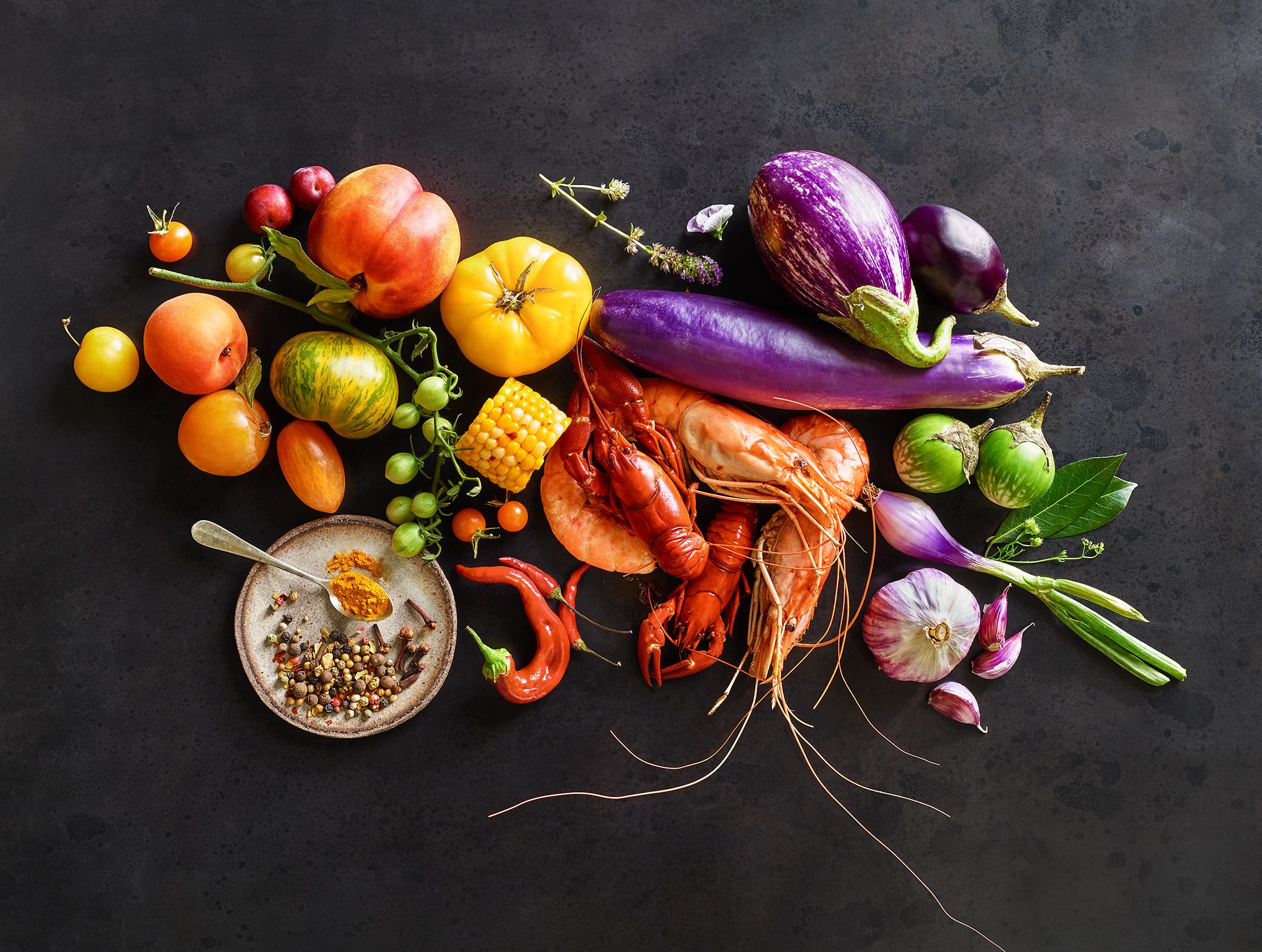With the effect of cold weather, the need to eat increases in order to maintain heat balance due to the acceleration of metabolism; because the alarm is as follows: You are cold. Your fat cells are not enough, you need to stay warm, stock up on incoming nutrients, turn them into fat cells. You might need it later! When the brain starts to manage the body with these signals, we start to gain weight. Of course, this applies to the winter months… We gain weight without even realizing it, even though what we eat is the same size and our range of motion is similar.
Decreased activity and basal metabolic rate: During the winter months, not only the metabolic rate decreases, but also our activities decrease; thus, we start to gain weight by consuming more energy than we expend. When it’s cold, we come up with all kinds of excuses not to go out. In dark and cold weather, summer walks are no longer possible and even going to the gym becomes a burden. Of course, when you retreat into your shell, your activity level decreases a lot, and with it your body starts to burn fewer calories than it is used to each day. If you are too lazy to go out, look for ways to exercise at home. You can practice your favorite exercise videos at home. No tools? You can use two water bottles instead.

We get bored when we stay indoors and we eat when we get bored: In winter, we prefer to stay in and watch TV or surf the internet instead of going out. But as we stay indoors, we start to snack out of boredom when we’re not really hungry. This is the inevitable way to gain weight. And so we turn to foods that make us happy. Sources of happy carbohydrates such as pasta, pizza, desserts and creamy coffees warm us from head to toe. Instead of warming up with hot chocolate and creamy coffees, you can wrap yourself in a soft blanket. Or you can prepare a hot cup of tea, herbal tea. Beyond food, there are other ways to relax. Another reason why they give happiness is psychological. Because most happy foods are deeply connected to our culture and childhood memories. And once we get used to associating these foods with our happy moments, we tend to want to eat them again every time we want to relax.
Changes in daylight can increase cravings: Changes in daylight can disrupt our sleep patterns, and sleep deprivation can result in a struggle with hormones that regulate appetite and cravings. Go to bed and get up at the same time. This will help your body regain its normal daily rhythm, which is responsible for managing your hunger.

Short days and long nights: Since the days are short, we do not pay much attention to our nutrition during the day. We don’t even feel hungry all day long. At night, after a long day of hunger, we are unable to control our eating. In the evening, the sluggish metabolism becomes less efficient and fat is stored.
Decrease in body temperature with cold weather: Our body has to reach a necessary temperature to protect itself from cold temperatures. It needs additional energy to reach this temperature. It gets this energy from food. The colder we get, the more energy we need and the more food we consume, especially food that gives us more energy. High-energy foods are usually foods rich in carbohydrates and fat. Excessive consumption of such foods will inevitably lead to weight gain.

Contrary to what you might think, cold weather can help you lose weight: Research shows that our bodies use a significant amount of energy to keep warm when we are cold, through a process called thermogenesis (heat production). And in this way the body is able to burn fat. A study published in the journal “Trends in Endocrinology & Metabolism” suggests that cooler environments activate brown adipose tissue, which produces heat to burn normal white adipose tissue.

Ways to Avoid Weight Gain in Winter
- You should eat at least five meals a day and never give up breakfast in the morning. The three main meals should be interspersed with fruit or other foods.
- The time spent in front of the television at night should be shortened and junk food such as nuts should not be eaten during this time.
- Adequate and balanced eating habits should be maintained, especially vegetables and fruits rich in vitamins and minerals should be consumed to prevent infectious diseases that are frequently seen in seasonal transition periods and winter months.
- Care should be taken to consume seasonal vegetables and fruits, especially citrus fruits such as lemons, oranges and tangerines rich in vitamin C, which are important in increasing body resistance.
- Since the sun does not show itself sufficiently in winter, walks should be taken on sunny days and plenty of fish should be consumed to meet the need for vitamin D, which is necessary for bone and dental health.
- The gradual decrease in physical activity in winter also accelerates weight gain. Therefore, try to exercise as regularly as possible.
- In the meantime, increased consumption of floury foods and decreased consumption of fibrous foods leads to digestive disorders, especially constipation.
- To prevent constipation, legumes with high protein and pulp content such as dried beans, chickpeas and lentils should be consumed at least twice a week, as well as vegetables and fruits and plenty of fluids should be consumed.
